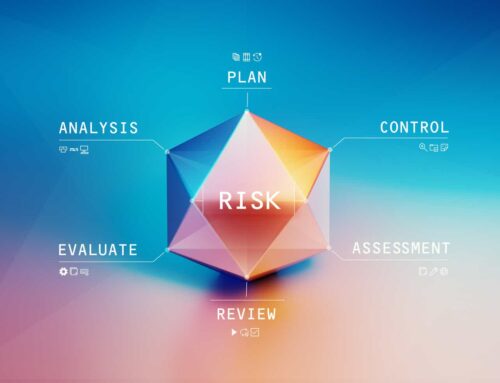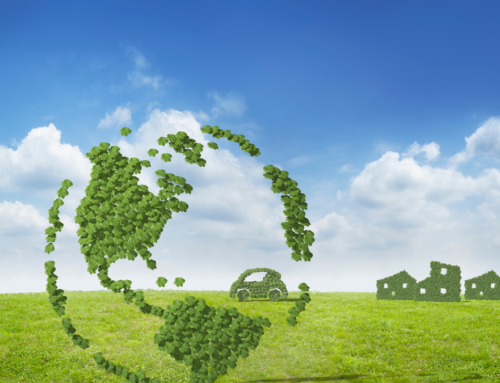4 degrees more on the planet and we could lose 40% of the world’s wealth – the high price
April 6, 2025
A study claims that a 4°C rise in the planet’s global temperature may wipe out 40% of the planet’s wealth. It is not just the poles melting and the crops withering beneath the unrelenting heat on a planet growing warmer. Similar to sand between our fingers, the economic certainty that supported our forecasts of future prosperity is likewise eroding. According to a recent study by academics at the University of New South Wales (UNSW) that was published in Environmental Research Letters, a 4°C rise in the planet’s average temperature might result in a 40% decline in global wealth. This number recasts the economic horizon in far more pessimistic terms, nearly four times greater than earlier projections of an 11% decline.
The effects are not just felt in catastrophic, extreme warming situations. A 16% decline in global GDP per capita might result from the economic harm, even if mankind were to achieve one of the most ambitious goals of the Paris Agreement, which is to restrict the warming to 2°C over pre-industrial levels. Considering that earlier projections only showed a 1.4% decrease, this is concerning. In other words, even our “optimistic” goals now appear to be dangerously conservative. Traditional economic models are the source of this radical reworking of the economic effects of climate change.
The so-called Integrated Assessment Models (IAMs), which have been used for years to inform environmental policy and investment decisions, have come under heavy fire for their myopia. Specifically, they fail to consider the systemic impacts of extreme events like devastating floods or protracted droughts. IAMs concentrate on local developments while losing sight of the global picture, failing to recognize the interconnection of economies and how a disruption in one region can cause a shock wave in another. According to Timothy Neal, the study’s lead author, the effects of global warming must be viewed as a complex web of interconnected phenomena.
Moreover, he cautions that on a warmer planet, supply chains and logistics networks may collapse due to the frequency and severity of extreme events like tropical storms, heat waves, and forest fires. This could result in not only shortages but also inflation, unemployment, and financial volatility. Not only does the weather get extreme, but it also has an impact on the economy. Co-author of the paper, Andy Pitman, for his part, urges the scientific and economic community to reevaluate existing models and modify them to reflect a more chaotic reality.
The 21st-century economy must be ready to negotiate a sea of climatic uncertainty, where decisions about public policy must now be made based on scenarios of complete disruption rather than averages and historical patterns. Since both economic progress and the stability of society are at risk, tools must change. Additionally, the UNSW study debunks the myth that climate change will just be an issue of economic redistribution. Instead of some people losing and others winning, the system is often weakened, and there is a net loss. This analysis shows that no nation, no matter how wealthy or well-prepared, will be spared from the effects, which go well beyond the areas that are at risk.
As a result, what were before imprecise cautions or disregarded forecasts are now crisp numbers that demand an immediate shift in direction. In addition to intensifying the scientific discussion, this report calls for quick action from international organizations, businesses, and governments. Because the days of making cozy assumptions are finished. Furthermore, we run the risk of losing not just money but also the equilibrium upon which our society is based if we do not make the necessary corrections to our models.
Search
RECENT PRESS RELEASES
Related Post


